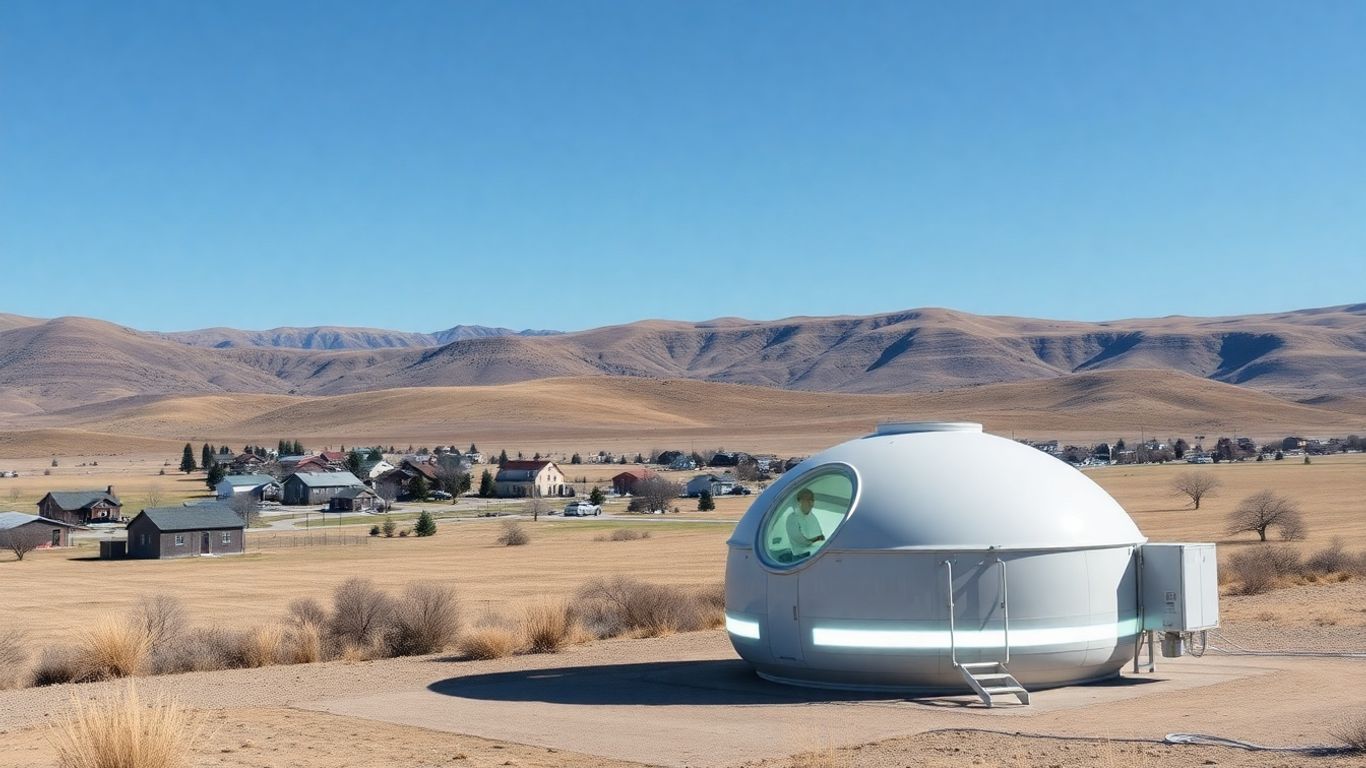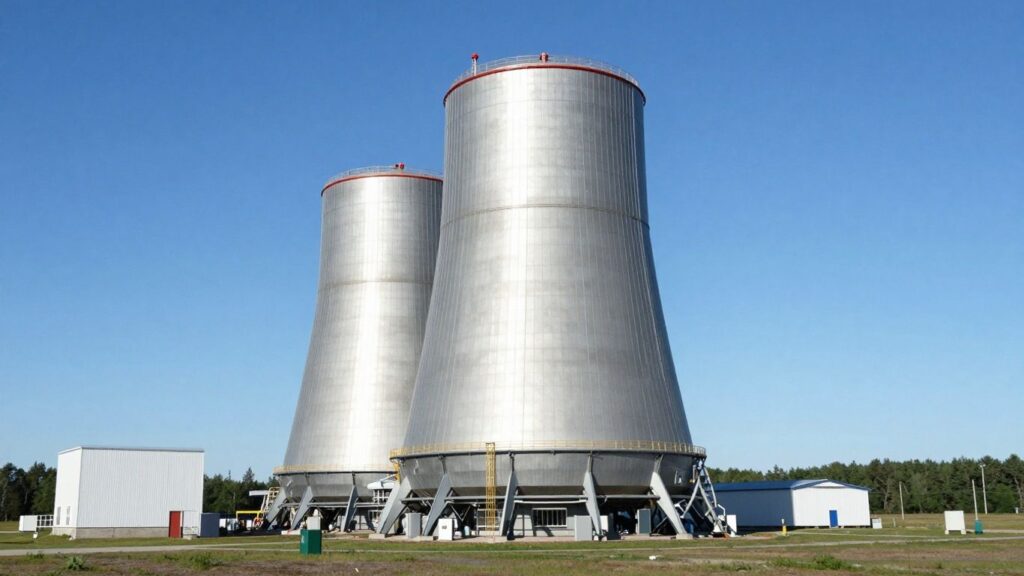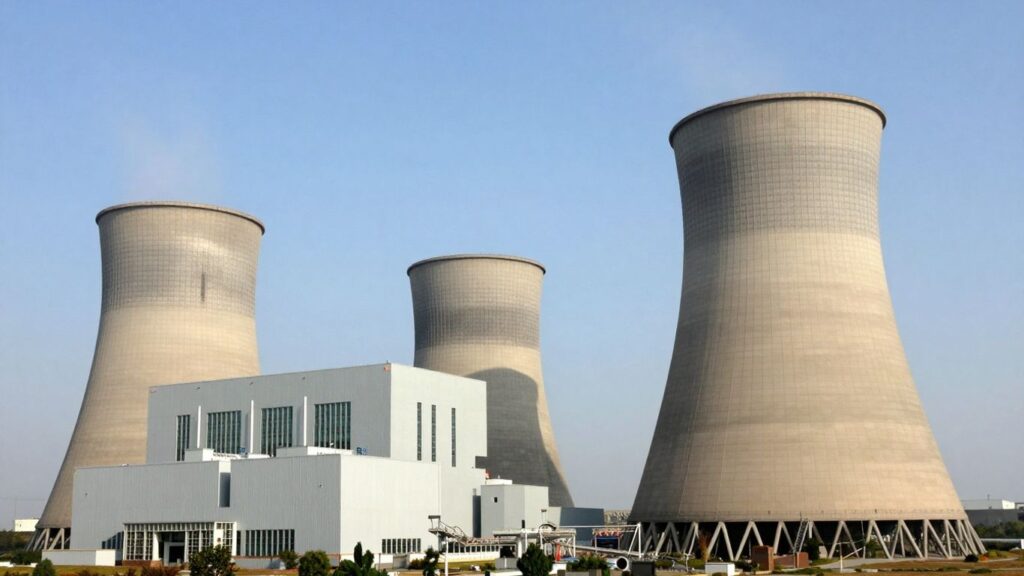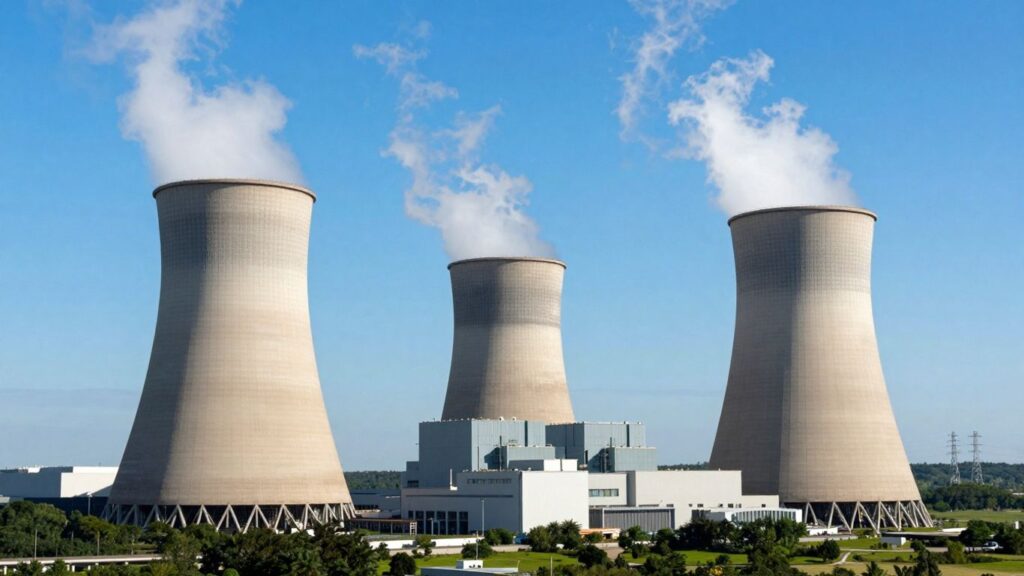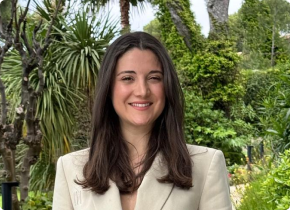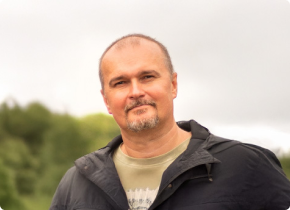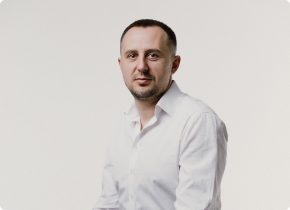The small Wyoming town of Bar Nunn is at the center of a significant debate over plans to host a nuclear microreactor manufacturing facility. Energy company Radiant proposes to build a plant less than two miles from residential areas, promising substantial economic benefits and job creation. However, the proposal has ignited public concern regarding safety, radiation, and the storage of nuclear waste, leading to heated discussions and information sessions.
Key Takeaways
- Economic Opportunity vs. Safety Concerns: Proponents highlight job creation and economic investment, while opponents voice fears about radiation and waste.
- Company’s Vision: Radiant plans to manufacture portable microreactors, aiming to provide clean energy solutions.
- Public Opposition: A segment of the community is strongly against the project, citing potential environmental and health risks.
- Legislative Hurdles: Wyoming lawmakers are considering legislation related to nuclear waste storage, which could impact the project.
The Proposal
Energy company Radiant is considering Bar Nunn, Wyoming, as the site for its manufacturing operation for portable nuclear microreactors, called Kaleidos reactors. These reactors are designed to replace diesel generators and are touted for their high energy density. Radiant projects that the facility would bring over $250 million in investment and approximately 250 high-paying jobs, with an estimated annual economic injection of $20 million into the local economy. The company also anticipates an additional 750 jobs stemming from the manufacturing operation. Natrona County Commissioners have noted that the plan is for a manufacturing operation, not a full-scale nuclear power plant.
Community Concerns
Despite the promised economic advantages, many Bar Nunn residents have expressed significant apprehension. Concerns include the potential for uranium to leak into water supplies and the general fear of radiation exposure. Some residents worry about property values declining and the implications of a radiation alert. Public meetings have seen passionate pleas from residents concerned about the long-term safety and legacy for future generations. There are also concerns about the state’s capacity to handle nuclear waste, with some legislators and residents opposing any exceptions to the state’s ban on storing such materials.
Expert and Official Perspectives
Bar Nunn Mayor Peter Boyer emphasized the need for education to allay fears, stating that "education is the antidote to fear." He believes that nuclear energy, when handled correctly, is safe. Experts from Oregon State University and the U.S. Nuclear Regulatory Commission (NRC) have indicated that advanced microreactor designs are generally safe, with safety features designed to limit the release of radioactive material even in the unlikely event of an accident. However, the NRC has noted that Radiant has not yet filed any applications for a facility near Bar Nunn, and any proposal would need to meet stringent siting and safety requirements.
Legislative and Future Outlook
The proposal faces legislative challenges, including past defeats of bills related to nuclear fuel storage. Lawmakers are currently debating draft legislation that could allow manufacturers of advanced nuclear reactors to store high-level radioactive waste on-site. This issue has become a focal point, with strong opinions on both sides regarding the state’s role in nuclear waste management. Radiant plans to conduct further testing at the Idaho National Lab and is committed to ongoing community engagement and education as the project progresses through pre-application stages.
Sources
- Nuclear Reactor Plans for Wyoming Town Spark Alarm, Newsweek.
- Why Wyoming? Bar Nunn crowd seeks info on plan to build portable nuclear microreactors, Oil City News.
- Wyoming Has Been Slow to Transition From Fossil Fuels, but Is Moving Fast Toward New Nuclear Technologies –
Inside Climate News, Inside Climate News. - Wyoming lawmakers consider nuclear waste storage as tensions rise over microreactor plant proposal, WyoFile.


